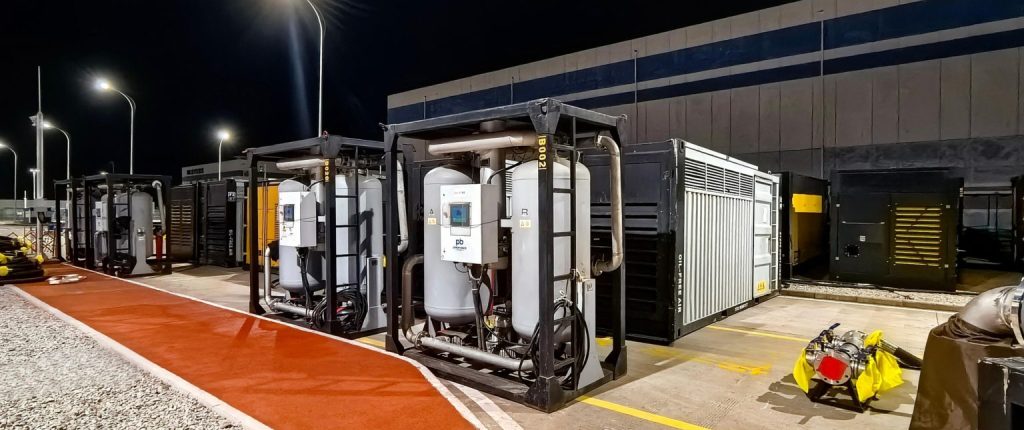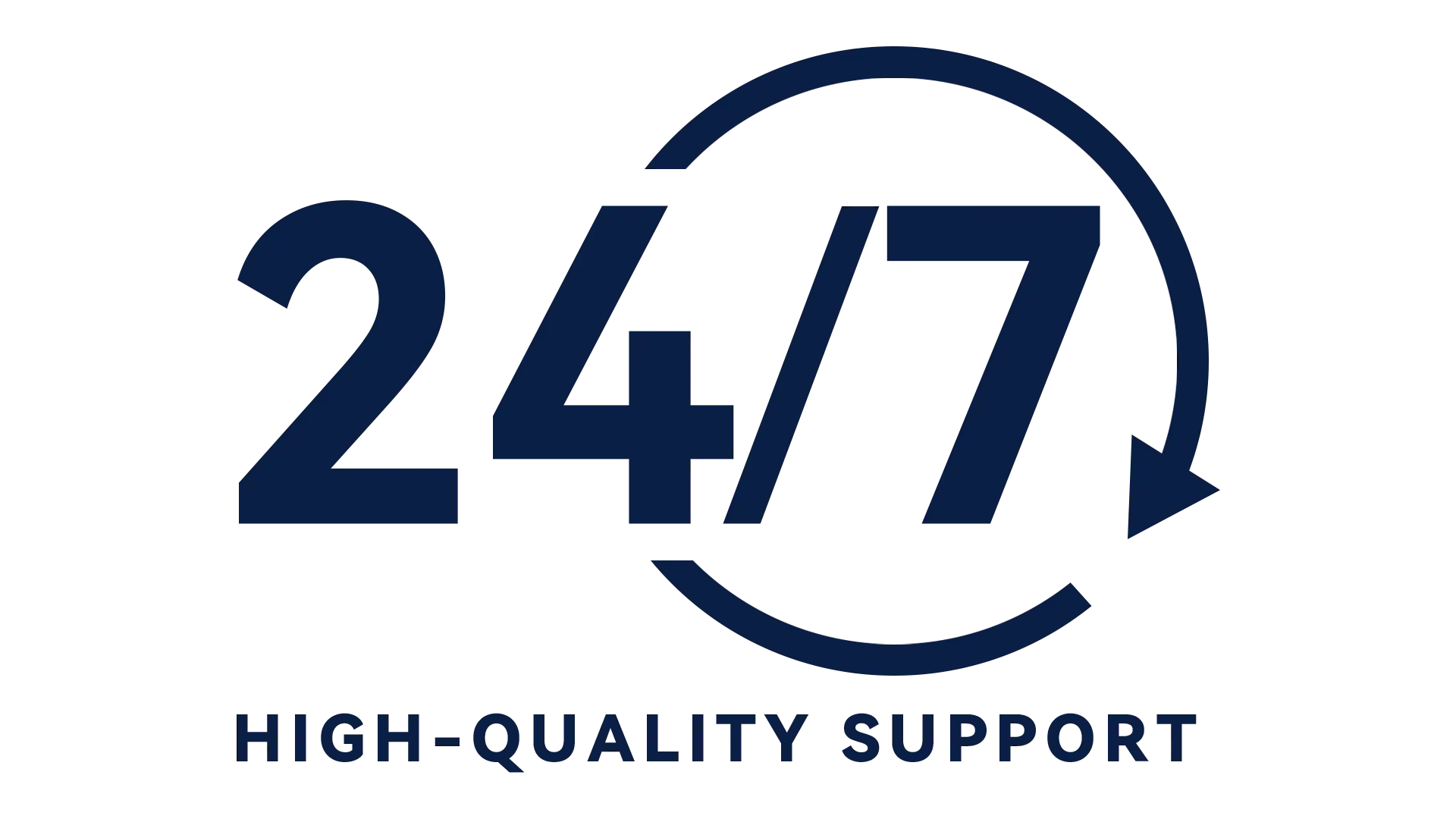Compressed air is not inherently clean. Like the surrounding environment, compressed air contains particles, aerosols, and vapors that can contaminate processes and damage equipment if not properly filtered.
However, not all applications require the same level of air purity. To choose the right filter for your compressor system, it’s essential to understand your specific use case.
Why Application Dictates Filter Selection
For instance:
- Pharmaceutical or food & beverage processes require ultra-clean compressed air
- Pneumatic tools or tire inflation typically tolerate lower air purity
Each application demands a different filtration grade, based on the required control of particulates, oil, and water content.
High-Efficiency Filters Balance Cleanliness & Energy Use
The best filters offer exceptional filtration performance (removing particles down to 0.01 microns) while maintaining low pressure drop, which reduces energy costs and improves overall system efficiency.
When Should You Replace a Filter?
Ask yourself the following:
- Is the filter past its rated service life?
- Has an air audit shown substandard air quality?
- Is the pressure drop too high?
- Has the pressure drop exceeded the manufacturer’s limit?
If any answer is “yes”, it’s time to replace your filter.
In fact, many users replace filters before they become too restrictive, as the energy cost of high pressure drop can exceed the cost of a new filter element.
Final Advice
When selecting or replacing an air filter, always consider:
- Application requirements (purity class)
- Filtration accuracy (particle size, oil content)
- Energy performance (low pressure drop)
- Maintenance intervals (filter replacement cycle)
For best results, consult a compressed air specialist to ensure your filter matches the system’s needs and operates efficiently and economically.


